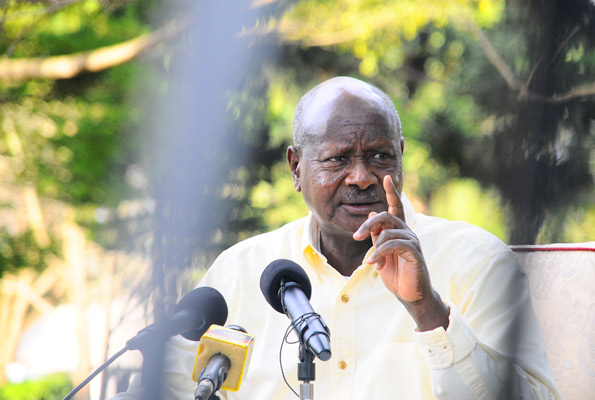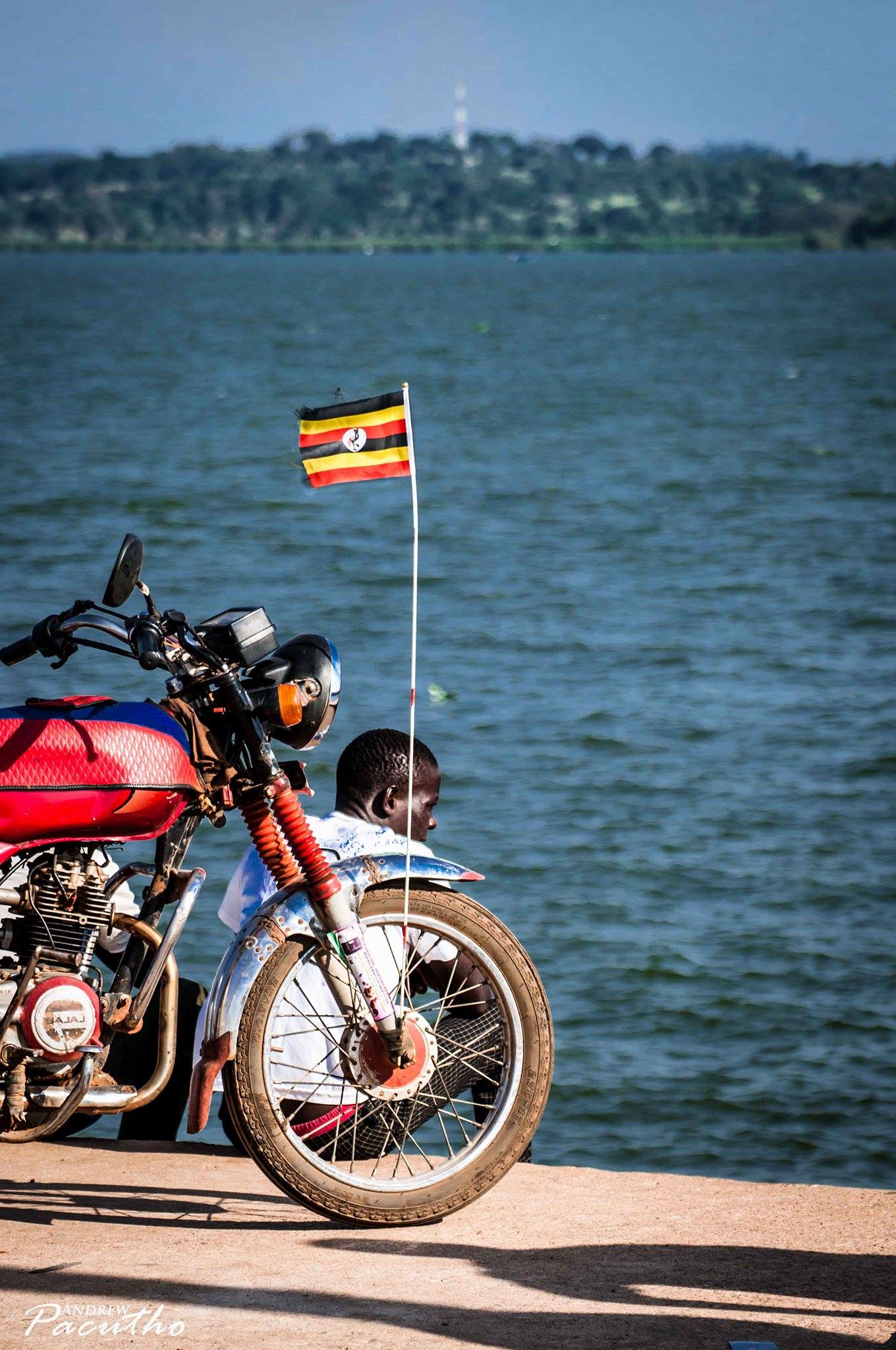By Ivan Serwano
Three thoughts that occurred to me as I read President Yoweri Museveni’s article published on this blog.
First was the President’s literary style.
He has a distinctive colloquial writing style that betrays a deep, but casual knowledge of historic events. On reading him you get the feeling that he draws for reference from an expansive memory. However it is not sterile memory. The President has a remarkable ability to trace a coherent causal line through history. It is obvious that the President doesn’t simply possess the knowledge as one who is favoured with great retention, but that he spends a great deal of time ruminating on it as well.
He manages quite successfully to deliver this information stripped of all esotericism. His style makes no assumptions of the reader. Those who have had the pleasure of spending any time in his presence can corroborate these claims; he is the rarest of communicators, a sage and an egalitarian conversationalist.
His oral delivery is infinitely more satisfying than his written style, it loses none of the richness and simplicity, but gains a great deal from his humour.
Secondly, this particular article was provoked by the President’s chagrin at the hubris of the western liberal movement in the pursuit of their agenda. The essence of his discontent is that the liberal or the leftist tends to be bullish in the pursuit of their ends and in their overzealousness they miss the opportunity to build synergies on convergent issues.
In President Trump the President sees a tempering force to their bluster. Without being privy to the discussions that the President briefly references that have informed his opinion on western liberals I am not in a position to say if his criticism is warranted.
However two things can be said in their defense.
One concerns what seems to be the point of origin of the article, the western liberals’ suspicion of Trump’s overtures to Moscow. In light of confirmation by US intelligence that Moscow may have interfered in the US electoral process (if not directly to Trump’s advantage, certainly to the detriment of his opponent), it is quite clear that Moscow has and is acting on a well-orchestrated agenda, while President Trump’s seemingly unhinged and bumbling first fortnight in office has betrayed him for a man without a coherent plan.
It is not inconceivable then that the inexperienced Trump administration might, in the interest of seeking convergence, unwittingly cede strategic ground to the experienced Russian administration. The real possibility that matters in Washington might surreptitiously be decided in Moscow should rightfully sit uneasy with any American, let alone just the liberals.
The recent resignation of the Trump administration’s National Security Adviser for being a bit loquacious with Moscow has lent some real credence to that thought and ought to vindicate liberals’ suspicions of Trump’s relationship with Moscow. It might be the case that Trump’s approach will eventually succeed in easing the tensions that have characterized US-Russia relationships throughout recent history, but in light of the circumstances some trepidation is warranted by US liberals.
President Museveni uses his discomfort with western liberal obstinacy in the pursuit of their agenda to segue into an eloquent and well-informed discourse on how selfish western capitalist pursuits have disenfranchised large swathes of humanity. In his tour de chagrin the President identifies the drivers of global injustice (particularly for Africans over the last millennium).
In very simple terms they include, the success of the avaricious Iberian seamen of the 15th century, the imperial agenda of Christendom’s monarchs, the rise of inter imperialists tensions, the unwarranted western opposition to communism, and the unchecked western capitalism of the post-cold war.
It is a fair point, but it is hardly fair on western liberals. Aside from being located in a geographic space ideologically characterized as the ‘west’, it is hard to see what the 21st century liberals have in common with any of these threads, in fact they can rightfully argue that they exist in a great part to be in opposition to some of the underlying motivations for these actions like unchecked capitalism, fascism, disenfranchisement of the disadvantaged etc. In light of the two points made I will leave it to the western liberals or those better positioned to make a stand for the liberal agenda and their approach.
It is not my interest to offer a discourse on western liberalism, and despite dedicating his introduction and a very brief conclusion to the subject; I suspect the matter is secondary to the President as well. The main point as far as I can tell is that he wishes to highlight how western single mindedness in the pursuit of their self-interest has buffeted the world, and has been particularly bruising for the African.
My third point departs from [that] firm assertion of the President’s point that is his view that the history of the world, from the last millennium to date, has been disproportionately driven by western agenda. The African and other downtrodden have suffered history passively, being the inert victims of the vagaries of geopolitical forces set in motion by the west in the pursuit of their agenda.
This impotence is potentially fatal as has been the case for some of the indigenous people in the Americas and the Pacific who were completely wiped out. Fortunately the African (so far) has escaped this fate, however not with his dignity intact. He continues to be trapped in a wretched existence, seemingly unable to extricate himself. This from my perspective should be the central point of discourse in Africa. It is worth knowing what put us here, but is far better to discuss how to take back control of our destiny.
This last point should not be read as a criticism of the President’s commentary, but rather an attempt to provoke a further article by him on these matters.
Thank you.










